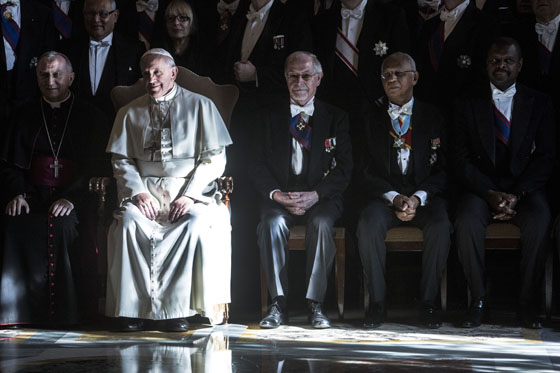The Vatican operates one of the world’s most extensive diplomatic networks.
“If the Vatican is the world’s first diplomacy, imagine the second!” the sharpwitted Cardinal Domenico Tardini, Secretary of State to Pope John XXIII, used to say. Back in the late 1950s, the international network of the Eternal City had approximately 60 Apostolic Nuncios, as the ambassadors of the Holy See are called.
Tardini was having a laugh, but he was well aware even at the time that he commanded an unparalleled network that allowed him to ‘keep an eye’ on the most powerful Western nations, build relationships with the world’s foremost leaders, and aid and protect the Catholic communities in those countries.
Today, the Catholic Church plays an even larger and more imposing role on the global stage. And the figure of the Argentine Pope Francis, from “the end of the earth”, has spurred interest among world leaders in this global network matched solely by the CIA’s. The head of this far-reaching web of interrelations set up between the world’s Catholic countries and communities is the Cardinal Secretary of State.
Last 15 October, Pope Francis named a new man for the job: then Archbishop, now Cardinal Pietro Parolin. Aged 59 (very young by the standards of the Roman Curia) and originally from Northern Italy, Parolin was previously Nuncio of Venezuela and also served in the nunciatures of Nigeria and Mexico.
If you want to read it all, purchase the entire issue in pdf for just three euro
The Vatican operates one of the world’s most extensive diplomatic networks.
“If the Vatican is the world’s first diplomacy, imagine the second!” the sharpwitted Cardinal Domenico Tardini, Secretary of State to Pope John XXIII, used to say. Back in the late 1950s, the international network of the Eternal City had approximately 60 Apostolic Nuncios, as the ambassadors of the Holy See are called.




